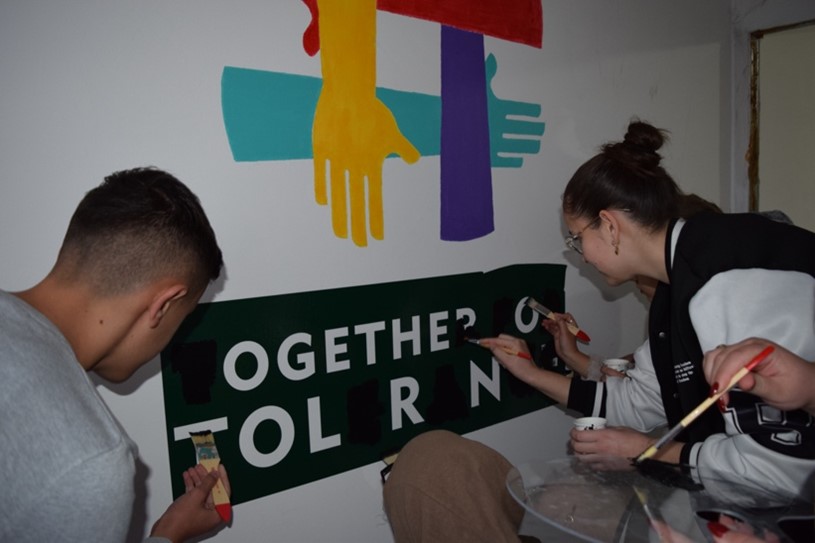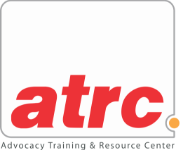Where We Work
Kosovo
Context
Returnees from conflicts abroad also known as Returning Foreign Terrorist Fighters (RFTFs) are the predominant manifestation of violent extremism in the Western Balkans. Countries in the Western Balkans have had some of the highest number of returnees per capita in the world. Individuals who travelled, and in some cases fought in Syria and Iraq had various motives, usually a mix of personal drivers and justifying ideological objectives. Lack of employment, poverty, and low levels of education further contribute to vulnerability to violent extremism in the Western Balkans.
In Kosovo six men, one woman and four children were returned with support from the United States. Following a court ruling, the six men were arrested while the woman was put under house arrest. Coordinated by the Minister of Internal Affairs, returnees receive support from the relevant government institutions for their rehabilitation and reintegration.
Our grant portfolio aims to provide reintegration, rehabilitation, and resocialisation (RRR) support to returnees and their families, while working to strengthen the capacity of frontline workers and nurture an enabling environment for RRR throughout the country.

Country Statistics
Investment Focus
In Kosovo, GCERF-funded programmes:
- Support the social inclusion and employment prospects of returned foreign fighters and their families.
- Improve youth welfare through civic activism, social entrepreneurship and skills training.
- Strengthen communities through cultural activities and sporting clubs.
- Mobilise youth to represent their interests through specialised civil society organisations and youth councils offering peer support.
- Build capacity of municipal authorities to support reintegration of foreign fighters in a systematic way.
- Train teachers, media and law students on preventing violent extremism and how to detect online radicalisation.
- Diffuse potential for ethnic violence through community dialogues.



There is a difference between the first day that we met the children and after three months of working with them – we have fostered mutual trust. Children feel more relaxed and free around the trainers to discuss different topics.
They have developed empathy while socialising with different children and are now more likely to take self-initiative, such as by starting a new game.
– Staff member, CDF

Local Partners in Kosovo



Newsletter

Sustainable Development Goals

Peace, Justice & Strong Institution
No Poverty

Quality Education

Gender Equality

Decent Work & Economic Growth

Reduced Inequalities

